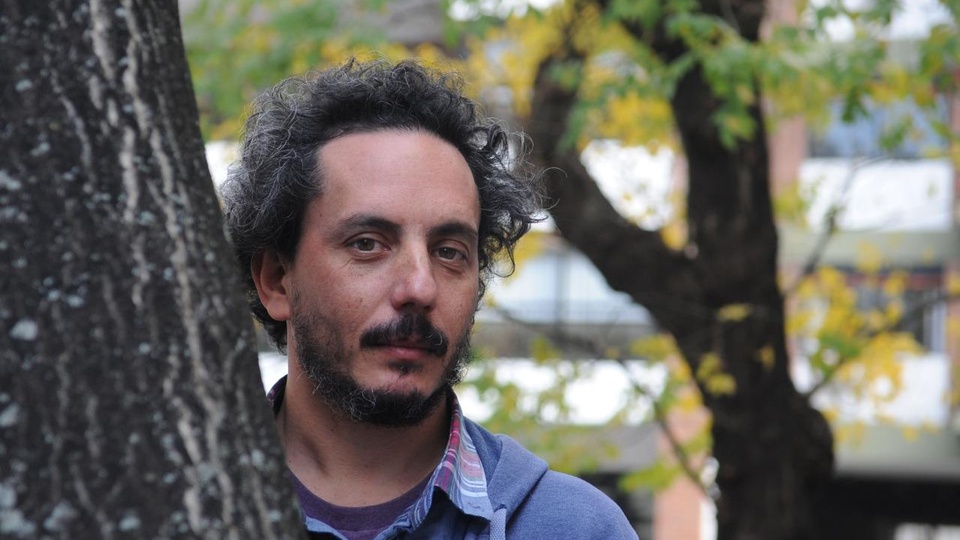The first book of short stories by Félix Bruzzone, 76reissued by Random House Literature, burst in with the impertinence of a voice that questions the ways of representing the different experiences linked to the last civic-military dictatorship.
The perspective of the son –born in the same year his father and mother disappeared– explores the loose pieces of an identity crossed by the consequences of the disappearance in the small intimate story of a child, adolescent, youth and adult who you need to know more, as in “Other photos of mom”; but in the drift of his modest research something gets lost or goes astray. As if the loss of parents, but also the impossibility of getting to know them, were the origin of a narrative that perfected the art of discomfort in novels like The moles (2008) and the pigs (2014).
In 2008, when the first edition of 76 appeared by Tamarisco, a publisher co-founded by Bruzzone himself to spread new authors and writings, these stories were fresh, strange and, in part, anomalous. There are no stridencies or certainties in the enunciation of the stories; a militant voice that vindicates the political struggle of his parents is not imposed.
“It’s always hard to tell a stranger that you don’t have a mom,” says the ten-year-old narrator who also doesn’t have a dad. In another of the stories that narrator confesses: “In third grade my grandmother sent me to a psychologist who, in one of the first sessions, when I asked him if he knew why my parents had died, told me to find out at home. And my grandmother, who until then had told me that she was going to tell me about it when I was older, she told me. So I was already big in third grade.”
“I never militated in HIJOS, I was about to do it and I never did, and I realized that I didn’t need to do it. I am not interested in doing something demanding; literature is useless for that. Literature has to question and show tensions; works more in the dimension of the representation of things than of the things themselves. With this I do not mean that the struggle of human rights organizations is wrong, far from it. On the contrary, they are different dimensions -the writer clarified in an interview with Page 12-. These tensions appear in the stories regarding militancy in HIJOS; even in another of the stories the character does not know very well what to think of the forensic anthropologists. Me in particular yes. They helped me a lot and thanks to them I know a lot of things about my old lady that I would never have known. But as a writer I’m not interested in taking sides.”
To return to 76 It’s like recovering the origin of a narrative that gradually broke away from the spatial containment of the story to expand into novels that drift towards delirium, a wild imagination or parody. There is no idealization or nostalgia. Bruzzone, winner of the Anna Seghers Prize in Berlin in 2010, prefers the diversion of irony. Fiction is the best way to fill in the black holes of broken identity.
–


/i/2004608956.png?f=meta)